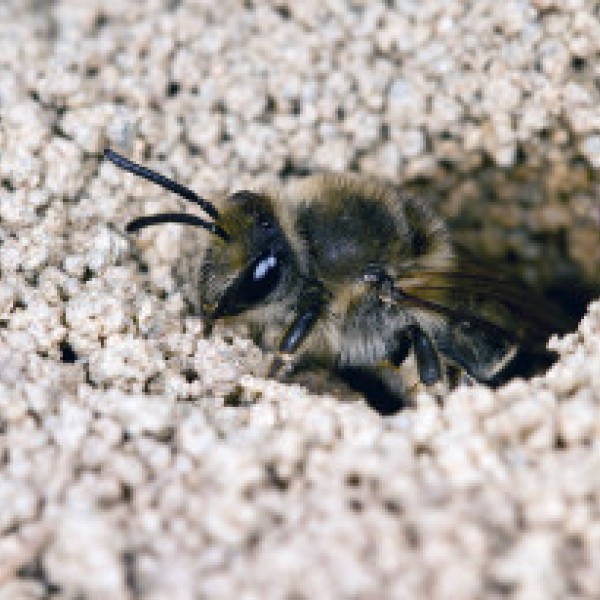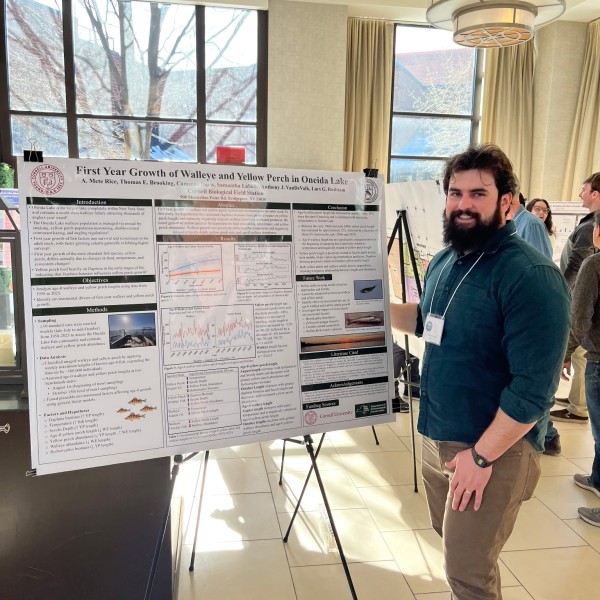What we work on
We create knowledge and facilitate learning to improve society’s stewardship of the environment and promote a conservation ethos for a sustainable planet.
News
News
The Great Lakes Fishery Commission recently funded a Cornell DNRE and CBFS group for a new two-year project “Evaluating mysid abundance in Lake Michigan using two decades of fisheries acoustic data.” This project will involve DNRE graduate...
News
Five new projects from the Cornell Atkinson Center for Sustainability and The Nature Conservancy seek to protect pollinators, restore oyster habitats, manage flood risk and support “cattlevoltaics.”
News
The New York Chapter and Northeastern Division of the American Fisheries Society annual meeting was held in Saratoga, New York, from February 4-6. Seven Cornell Biological Field Station (CBFS) representatives attended, including Tom Brooking...









